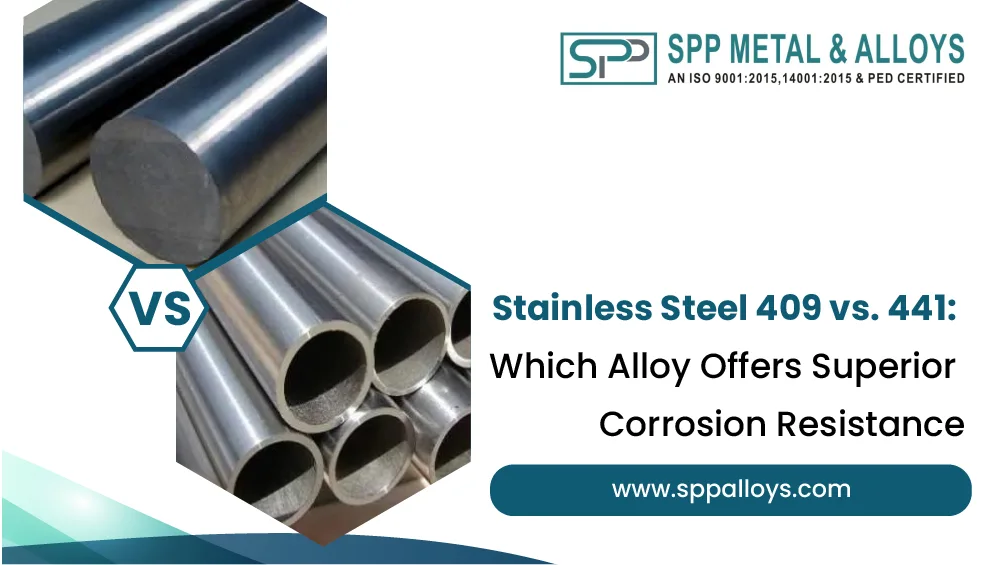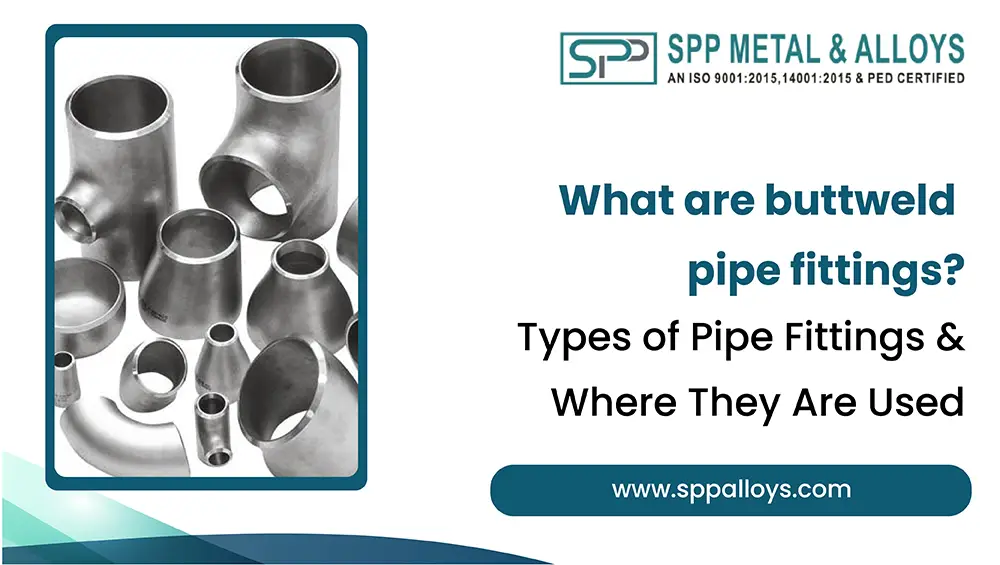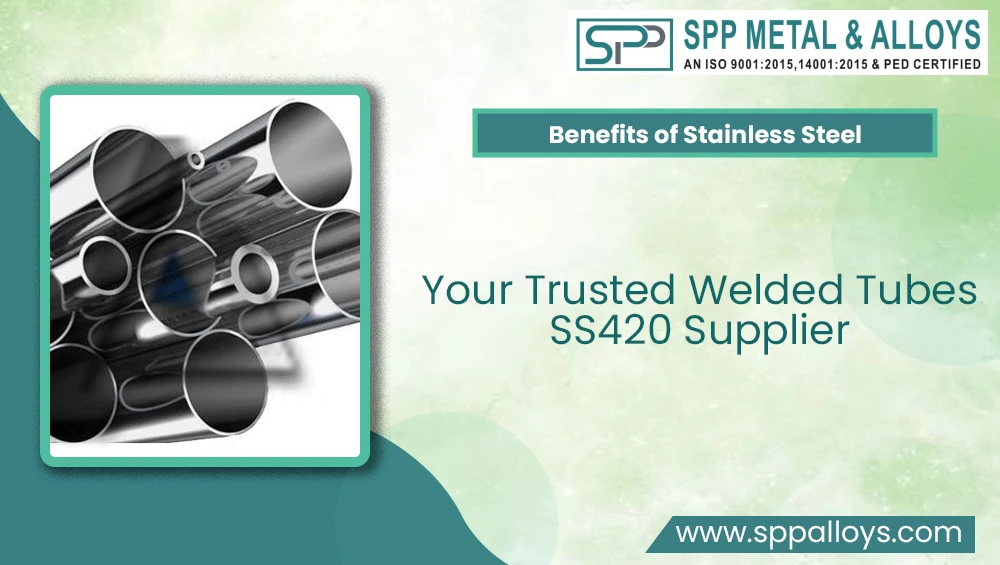
Stainless Steel 409 vs. 441: Which Alloy Offers Superior Corrosion Resistance
When it comes to choosing the right stainless steel alloy for your project, corrosion resistance is a crucial factor to consider. Two popular options in the market are stainless steel 409 and 441. In this blog post, we will compare these alloys and determine which one offers superior corrosion resistance.
Introduction
Stainless steel is widely used in various industries due to its excellent corrosion resistance properties. Among the different grades available, stainless steel 409 and 441 have gained significant popularity. Both alloys are known for their durability and strength, but which one performs better in terms of corrosion resistance? Let’s find out.
Stainless Steel 409: The Reliable Choice
Stainless steel 409 sheets, plates, and coils are manufactured by reputable suppliers and manufacturers. This alloy contains a higher percentage of chromium, which enhances its resistance to corrosion. It is commonly used in automotive applications, exhaust systems, and heat exchangers.
Stainless Steel 441: The New Contender
On the other hand, stainless steel 441 sheets and plates have emerged as a strong contender in the market. This alloy contains a higher amount of both chromium and molybdenum, making it even more resistant to corrosion than stainless steel 409. It is often used in applications where high-temperature resistance is required, such as catalytic converters and mufflers.
Corrosion Resistance Comparison
To determine which alloy offers superior corrosion resistance, several factors need to be considered. These include exposure to harsh environments, temperature fluctuations, and chemical exposure. In general, stainless steel 441 outperforms stainless steel 409 in terms of corrosion resistance, especially in high-temperature applications.
Other Considerations
While corrosion resistance is a crucial factor, it is not the only aspect to consider when choosing between stainless steel 409 and 441. Other factors such as cost, availability, and specific application requirements also play a significant role. It is essential to consult with a reputable supplier or manufacturer to determine the best alloy for your project.
Conclusion
In conclusion, stainless steel 409 and 441 are both excellent choices for various applications. However, if superior corrosion resistance is a top priority, stainless steel 441 should be your preferred choice. Its higher chromium and molybdenum content provide enhanced protection against corrosion, especially in high-temperature environments.
Remember to consider other factors such as cost and availability when making your final decision. Consult with SPP Alloys, who will ensure that you choose the right stainless steel alloy for your specific needs.



